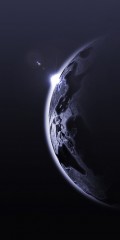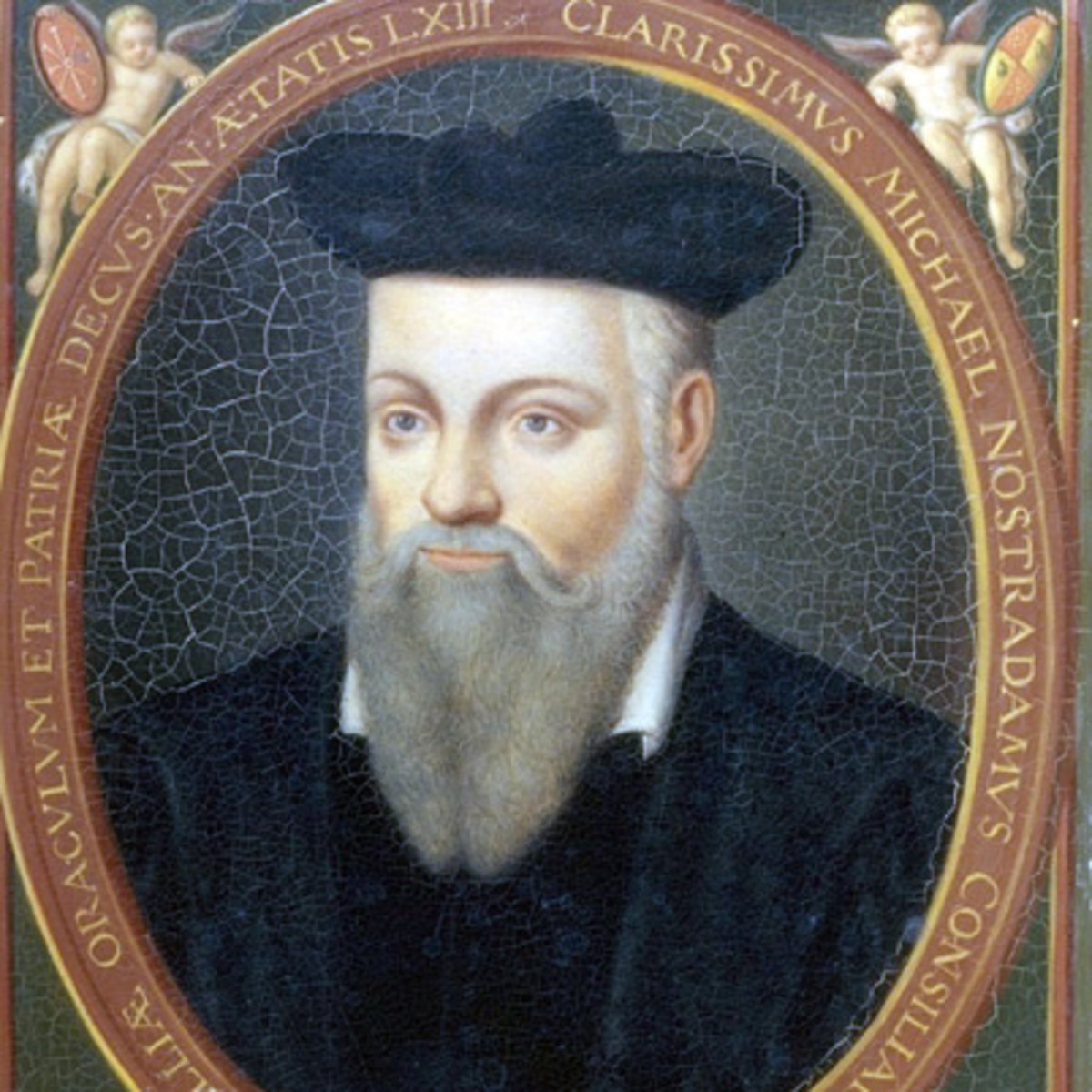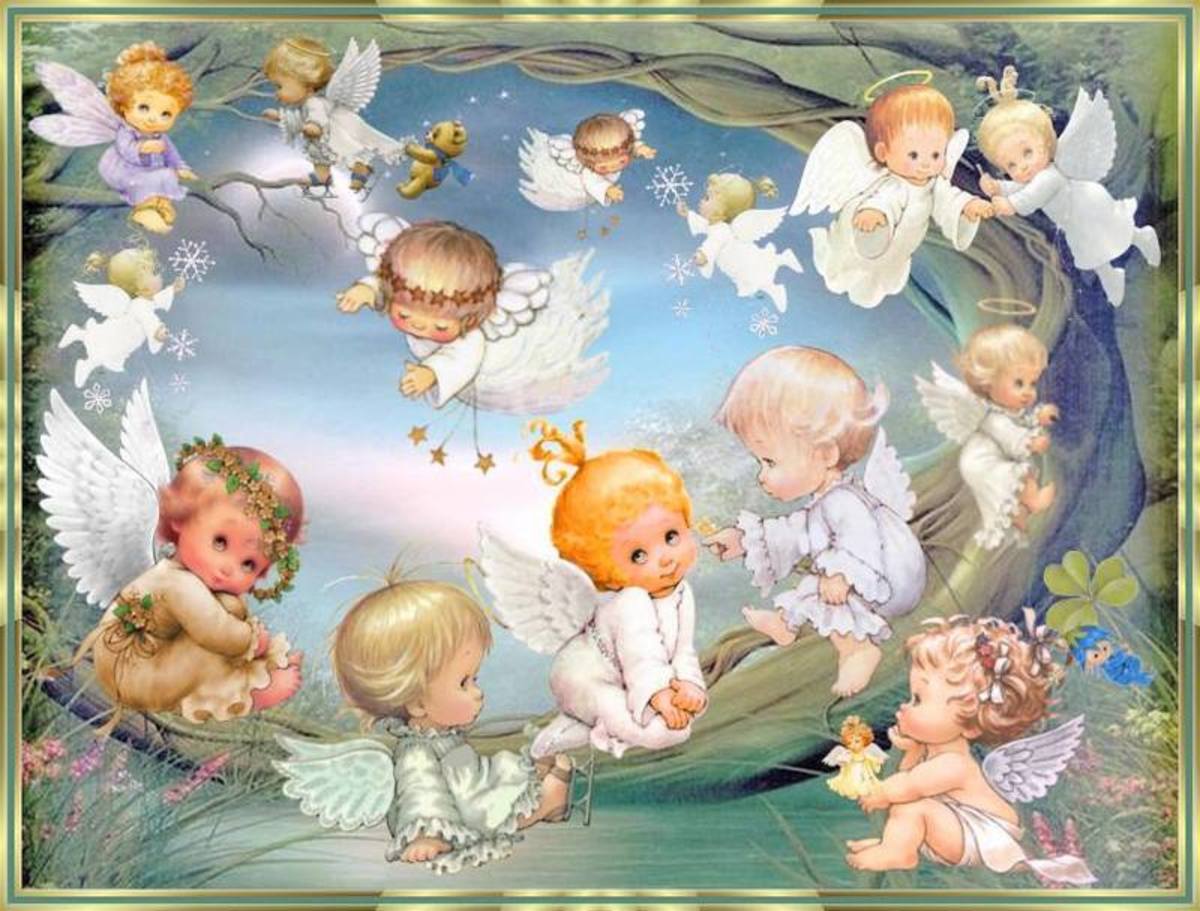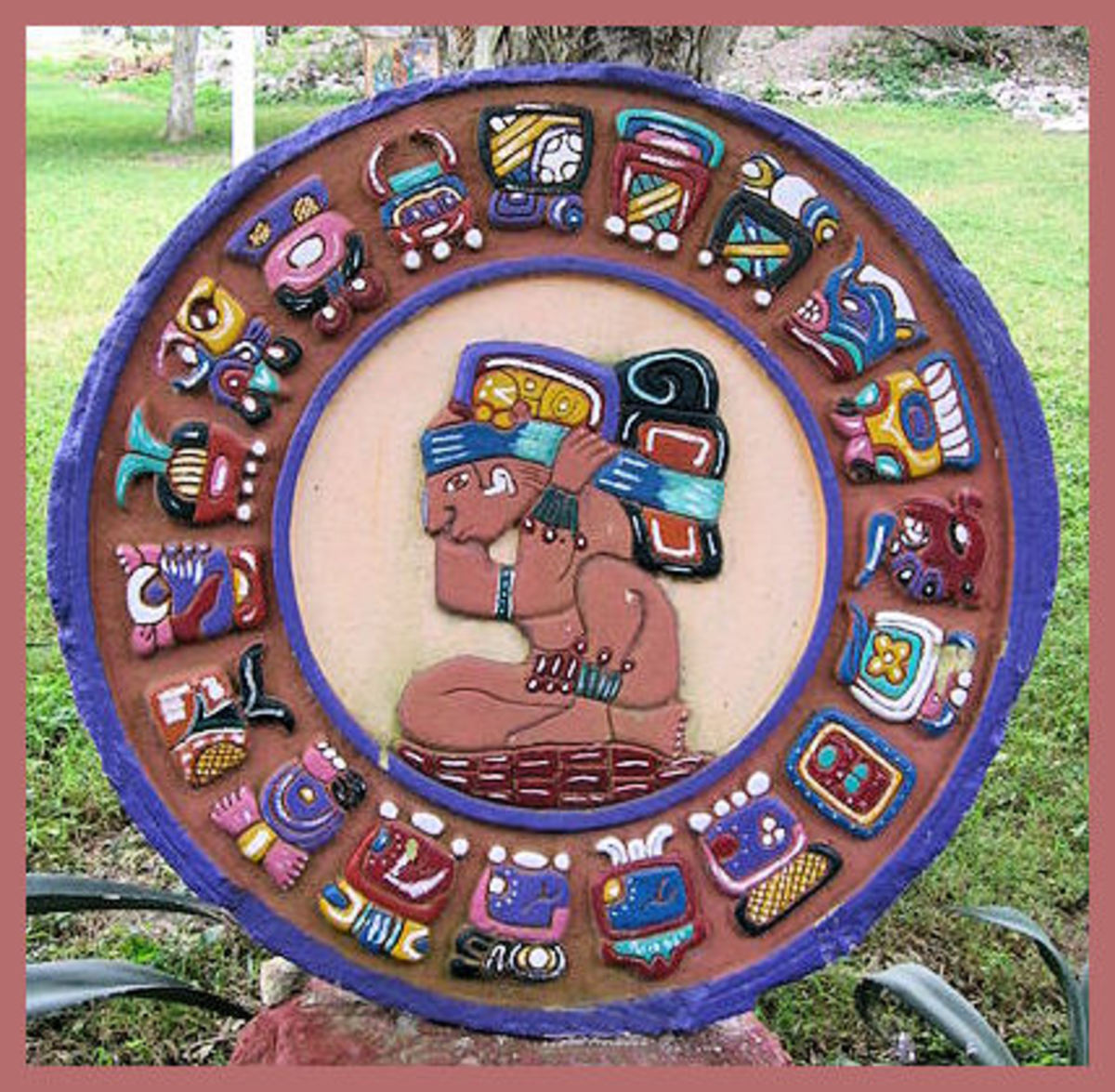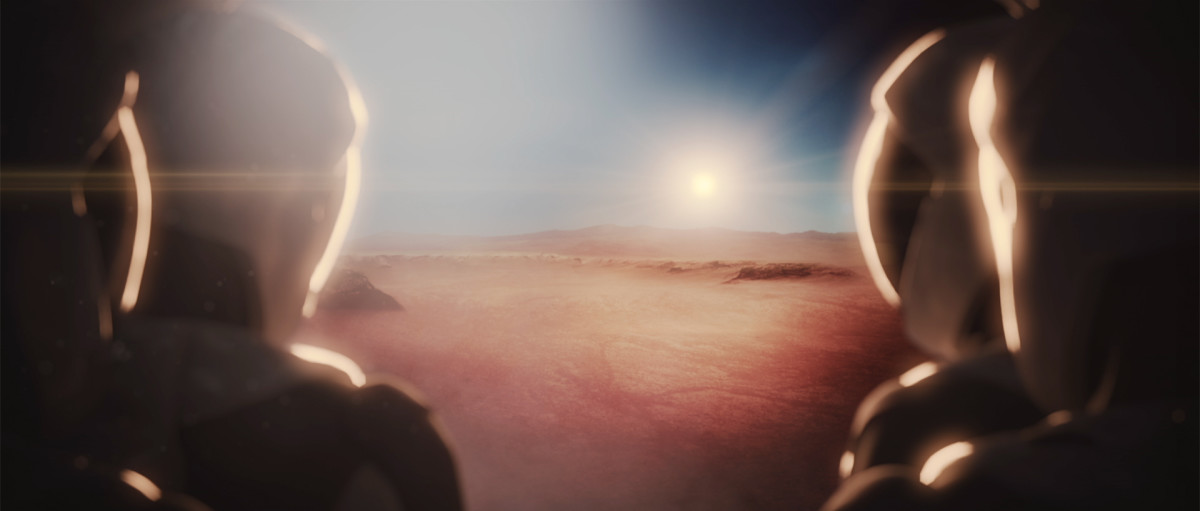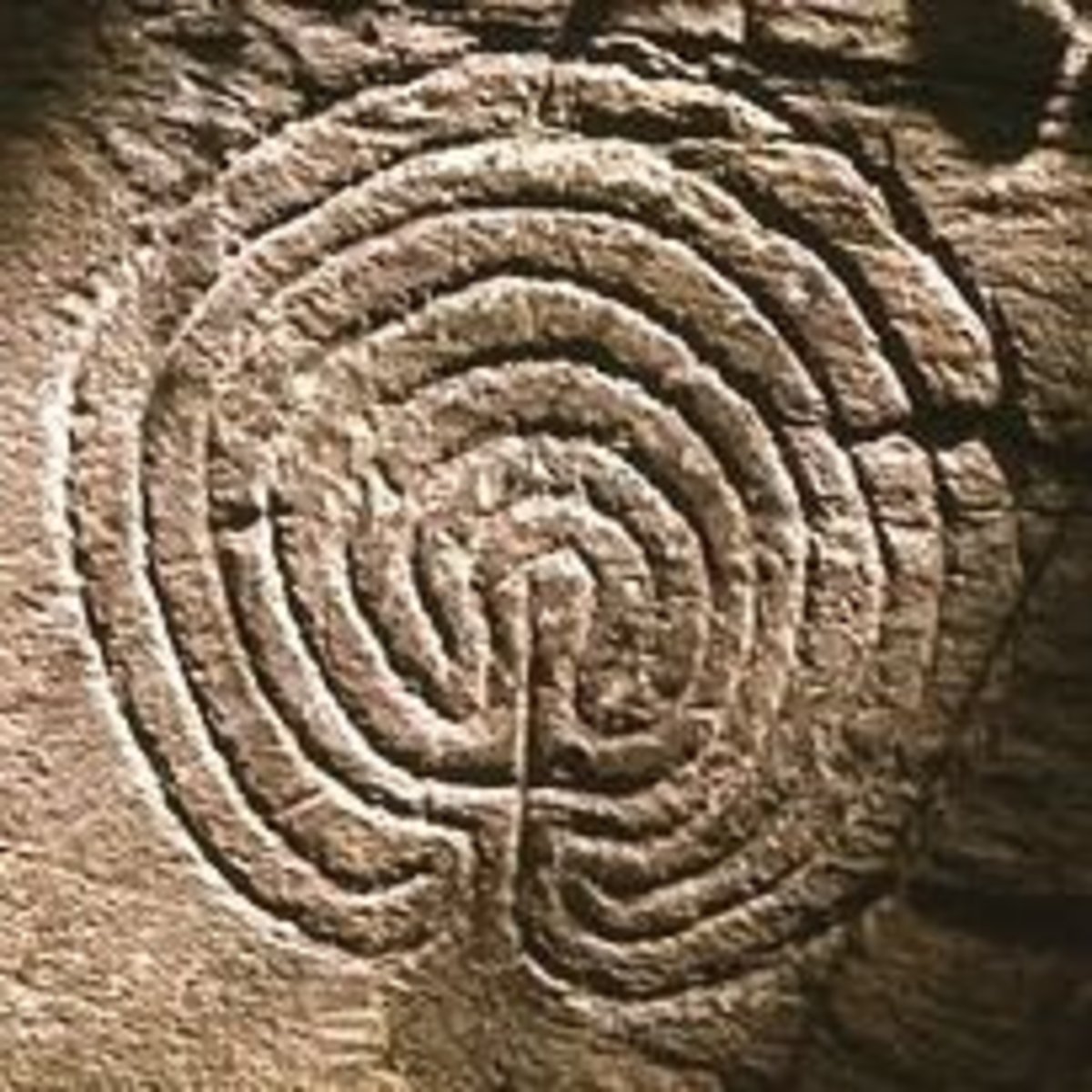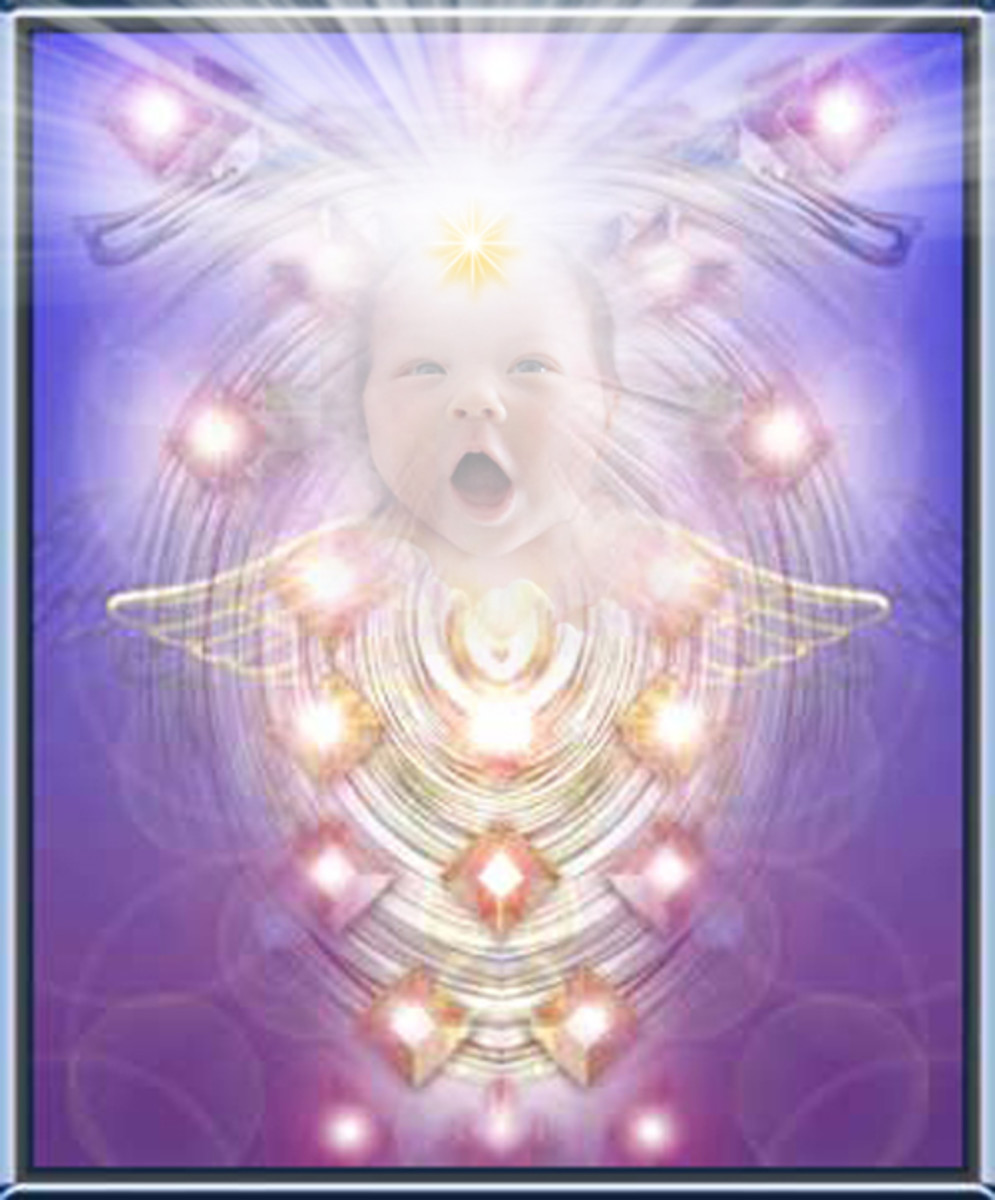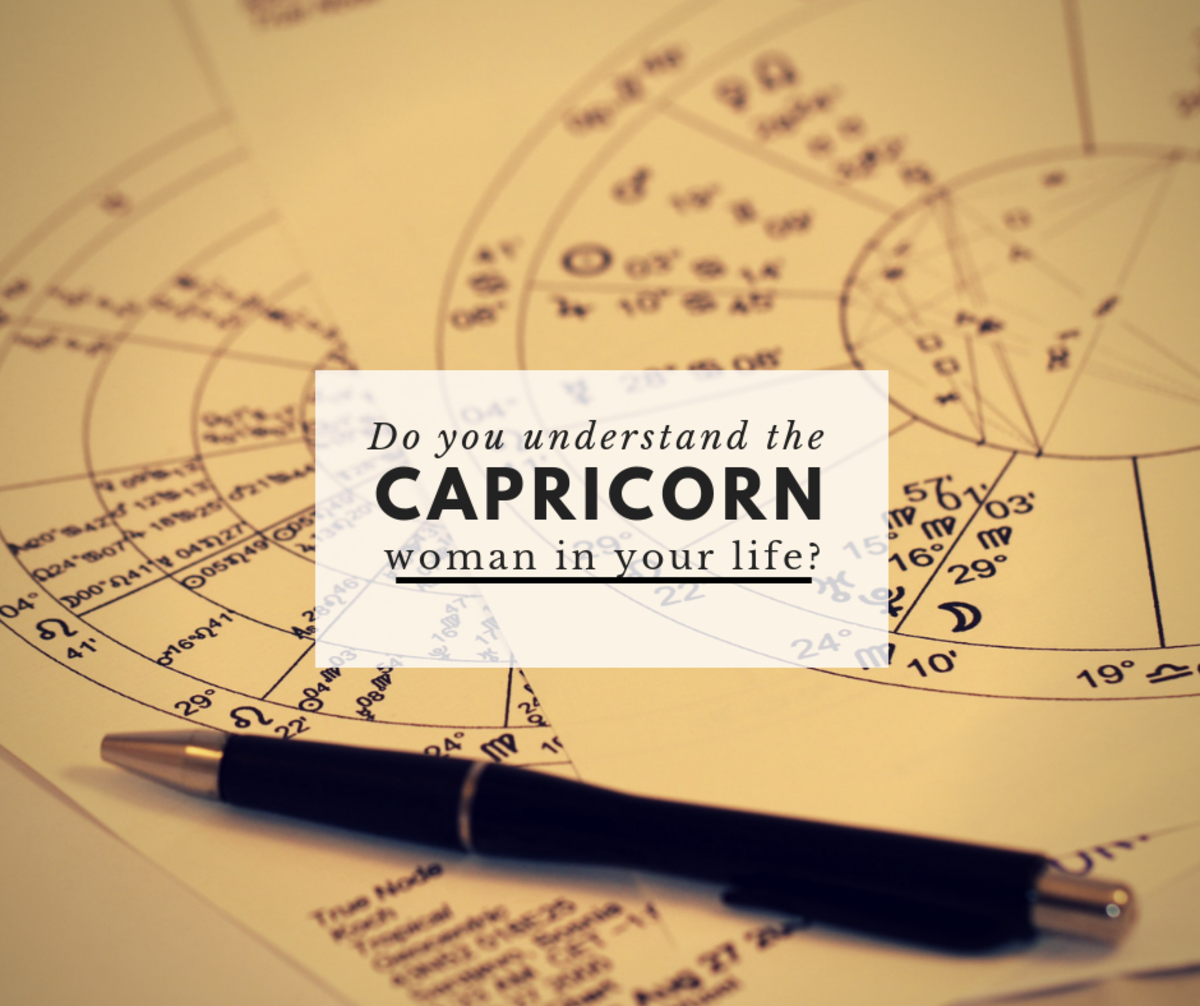What To Do At The End Of The World
One particular mystical-magical sect committed mass suicide. This seemed an illogical act to me. The end of the world means we're all going to die anyway, so why pre-empt it? Personally I'm glad I kept my options open and stayed alive.
End of the world blues
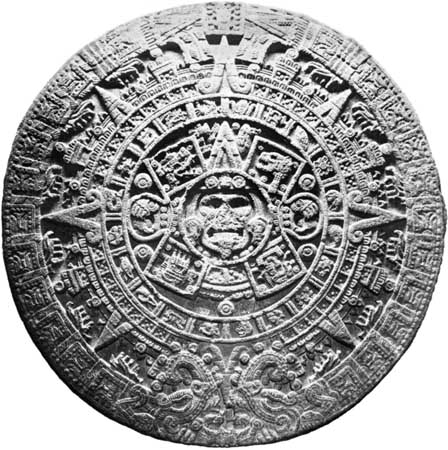
Oh no! It's the end of the world again.
I'm talking about the 21st of December 2012, as predicted by the Mayan calendar, which many people have been citing as a possible end-of-the-world-as-we-know-it type scenario.
Just to be clear: the Mayan calendar is a very precise dating system, evolved by the pre-historic Mayan people of Central America, which marks every solstice, every equinox, every moon cycle and every sun cycle from August 11th, 3114 BC to December 21st, 2012 AD: a range of some 5125 years
This shows the fantastic observational abilities of these stone-age people. Until the advent of modern astronomy, the Mayan calendar represented the most accurate time-keeping system known to man.
I shouldn't worry about it being the end-of-the-world, however. That end date marks the end of the calendar. It does not necessarily mark the end of time.
The Mayans say nothing about what happens next. That still remains in the realms of speculation.
Two More Ends of the World
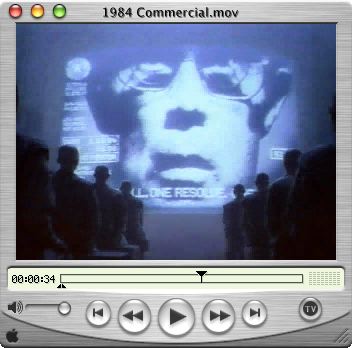
I myself have observed a number of different ends-of-the-world in my life.
One of them was 1984, the year marked by George Orwell in his book of the same name. That was indeed a very eventful year, in which the National Union of Mineworkers took on the Thatcher government in the UK, and there were running battles in the streets.
But it was not the end-of-the-world, nor anything like the author had predicted. This is not really surprising, since the name of the book was a reference to the year the book was written: 1948. He simply reversed the numbers.
Many of Orwell's predictions have since come true, however. Like the screen in the corner of your room which orders your life and offers entertainment while at the same time keeping a tab on your thoughts. He called it a "telescreen". We call it a computer.
The next end-of-the-world after that was 1994, when the comet Haille Bop broke up and several pieces slammed into the planet Jupiter. One particular mystical-magical sect committed mass suicide. This seemed an illogical act to me. The end of the world means we're all going to die anyway, so why pre-empt it? Personally I'm glad I kept my options open and stayed alive.
Two ends-of-the-world in quick succession

1999 was a very busy year for ends-of-the-world, since there was two in quick succession. The first was in July, when Nostradamus had predicted that a comet would hit the Earth, and the second was in August when there was a solar eclipse, which some people said was the one predicted in The Revelation of St. John in the Bible.
When Nostradamus' comet failed to materialise some of his apologists said that we had all misunderstood him. What Nostradamus was really predicting was the film, Deep Impact, which came out that year, and was about a comet hitting the Earth.
Nostradamus had indeed predicted the future, they said, but only a cinematic one.
Meanwhile the eclipse took place at eleven minutes past eleven on the eleventh of August. That‘s 11.11 11/8, which certainly sounds auspicious: until you get to the last number that is. Had it happened in November it might have made more sense.
The problem with looking at things this way is that it is very parochial. The eclipse swept over the planet in a dark wave, but it happened at 11.11 only in one place. That was a small patch of land somewhere in Cornwall. So maybe Cornwall had an end-of-the-world, while the rest of us were let off for the time being.
Also eclipses are fairly common on a planetary scale, so if they really predicted the end-of-the-world we would be having one about every three or four years.
As for the 21st December 2012, shall I tell you what I will be doing?
I will be sitting with some friends raising a few glasses to the future.
After all, if it does turn out to be the real end-of-the-world, I might as well be in good company while it's happening.
At least we won't have to worry about the hangover.
And if we do get a hangover, at least then we won't have to worry about the end of the world.
- The End Of The World As We Know It: the significance of 2012
You may have heard people talk about 2012. By Steve Andrews & CJ Stone - The Law of Attraction, 2012 and other strange conceits
Some people even say that it is the end of the world as we know it.

© 2008 Christopher James Stone

